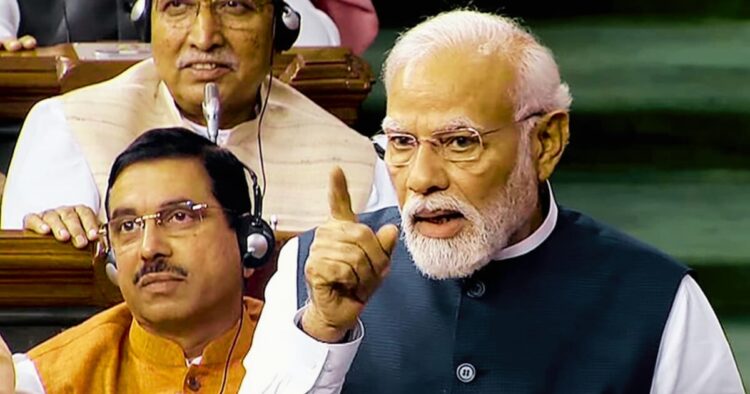The Bharatiya Janata Party (BJP) finds itself at the center of a storm of criticism following recent outbreaks of violence in Manipur and terror attacks in Jammu & Kashmir. Opposition parties and media figures are directing sharp scrutiny towards the BJP-led government’s response to these crises, raising doubts about its ability to effectively govern and maintain peace in troubled regions.
RSS chief Mohan Bhagwat’s comments on the Manipur situation have intensified the scrutiny on the BJP’s approach. Bhagwat emphasized the urgent need to address the prolonged unrest in Manipur, where ethnic violence has claimed numerous lives and displaced thousands. His remarks underscore a departure from the BJP’s electoral triumphalism, urging a prioritization of conflict resolution over political rhetoric.
Senior Shiv Sena (UBT) leader Sanjay Raut has taken aim at Home Minister Amit Shah’s tenure, alleging that terrorism continued unabated in Jammu & Kashmir and Manipur under his watch.
These remarks reflect broader concerns about the BJP’s ability to effectively tackle security threats and maintain law and order, especially in volatile regions like Jammu & Kashmir and Manipur.
Critics have also seized on the BJP’s electoral promises, particularly regarding the revocation of Article 370 in Jammu & Kashmir. Despite the constitutional changes, violence persists in the region, prompting skepticism about the BJP’s ability to deliver on its pledges and restore stability.
Responding to Bhagwat’s remarks, Uddhav Thackeray sought clarity on whether Prime Minister Modi and Home Minister Amit Shah would visit Manipur to address the escalating tensions. Thackeray’s questioning of the BJP leadership’s response further underscores the growing skepticism surrounding the government’s ability to handle crises effectively.















Comments